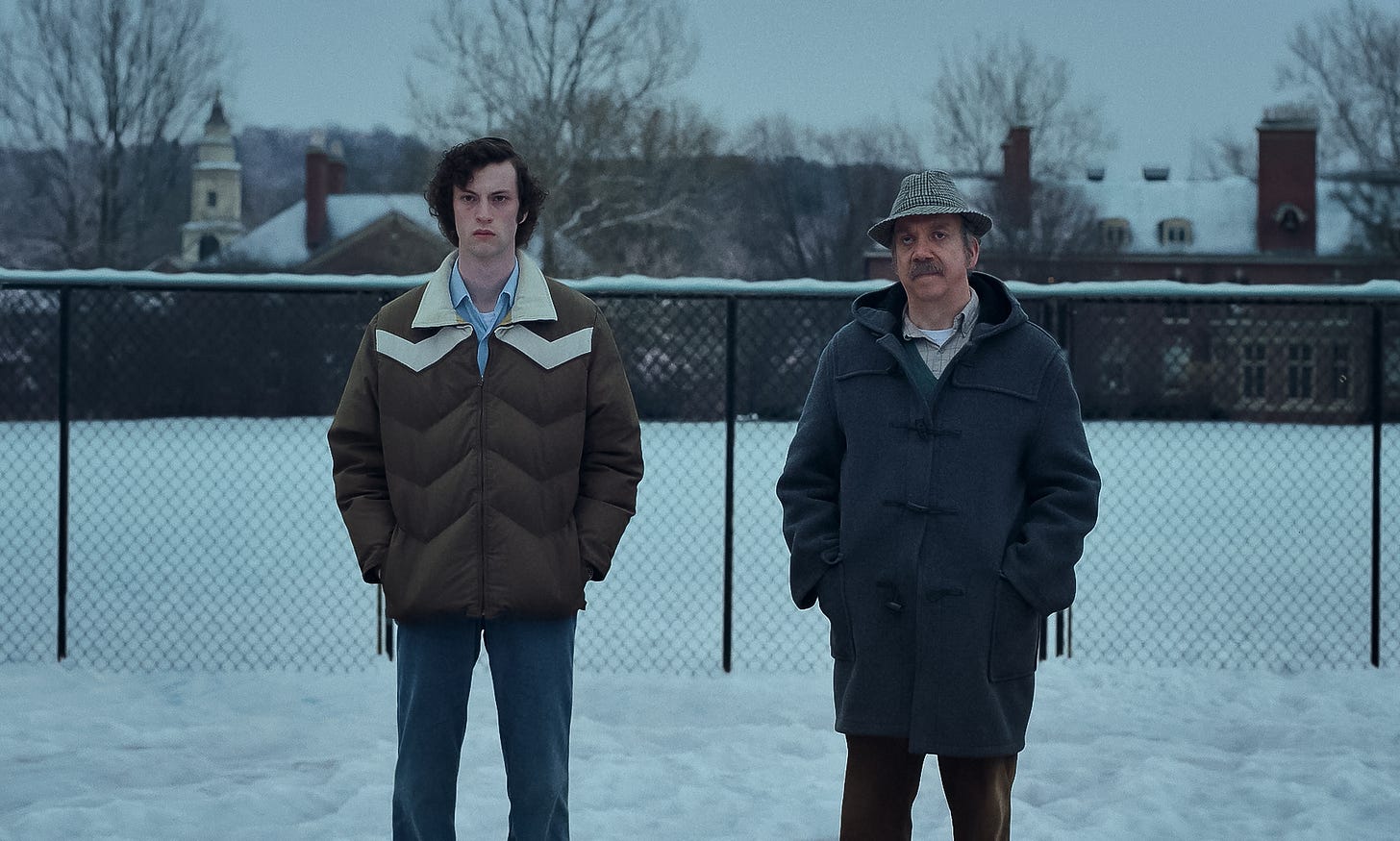The New York Times ran a guest essay on Christmas Eve called “Why It Matters That Jesus Came From a Dysfunctional Family.” I concluded from the title, and from the reputation of the paper in which it appeared, that the column would amount to nothing but provocative slander against Mary and Joseph; however, the intention of the author, Peter Wehner, was nothing of the sort. Instead, he simply relayed what a number of Christian writers and preachers had to say about the genealogy of Jesus presented in Matthew 1:1-17: “one generation begetting brokenness of another generation begetting brokenness of another generation begetting brokenness of another generation.” The point, in brief, is that it matters that Jesus came from a dysfunctional family, because so do we. In fact, it’s all the same family and Christ is at once Son of God, Son of Abraham, and, with Luke’s genealogy, Son of Adam. The Christmas mystery is that Christ enters the cycle of brokenness and breaks it. He introduces the possibility that those who are begotten need not bear and propagate the brokenness of those who begot them. In Christ, we are a new creation—a radically new mode of human living animated by the very life of God.
Paul Giamatti’s character in The Holdovers (2023) believes nothing of the Christmas premise but nearly everything of its conclusion. Paul Hunham, a teacher of ancient civilizations at a New England boarding school, is punished by his headmaster for refusing to pass a benefactor’s undeserving son with having to supervise a handful of students who are unable to leave the school during Christmas break. The story is about a twofold conversion that takes place in Mr. Hunham and one of his students, with the former learning empathy and compassion and the latter learning that the past is no pre-determinate of the future. While walking through a museum exhibit of ancient Greek statuary and pottery, Mr. Hunham tries to demonstrate to Mr. Tully (Dominic Sessa) that there is nothing new under the sun: every human civilization has experienced every human experience. The study of the past, Mr. Hunham contends, is at the same time the study of the present. Yet later in the film it is revealed that Mr. Tully’s father, who he has claimed is dead, in fact lives in a psychiatric hospital and Mr. Tully is petrified by the fear that he might one day share his father’s fate. It is, in fact, the history teacher who assures the young man that history is no guarantor of the future: “Yes, I know that Greeks had the idea that the steps you take to avoid your fate are the very steps that lead you to it, but that's just a literary conceit. In real life, your history does not have to dictate your destiny.”
Paul Hunham does not believe in God, though his school mandates regular chapel services. He cannot account for why history does not determine destiny or why the Greek idea went out the window. Christianity announced to the world the good news of change, of history’s disruption, of destiny’s deceit, of breaking the mold cast by our ancestors. The post-Christian world takes the possibility of change for granted but forgoes the means by which that change is accomplished. It is true that a person, regardless of their faith or lack thereof, may work very hard and be quite successful in not becoming this or that. Yet they will, at best, only trade one form of brokenness for another, as the same Adam lives in us all. The sort of change proposed and effected by Christ happens at the level of substance: our human nature is made a sharer in the nature of God.
It is no literary conceit but, rather, the core of our faith that the steps we take to avoid our fate—the common fate of the sons and daughters of Adam, that is, death—are the steps that lead us into the life of God who is our destiny.




